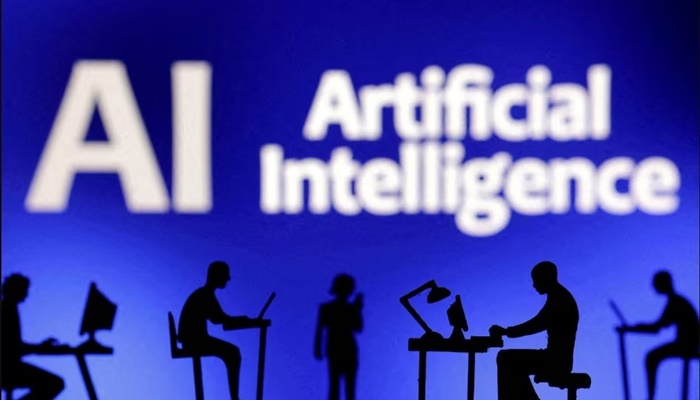A startup that raised $445 million claiming to revolutionize app development with artificial intelligence has collapsed — after it was revealed that the “AI” behind its operations was, in reality, 700 human engineers based in India.
Builder.ai, once backed by tech giants including Microsoft, marketed itself as a no-code platform powered by an AI assistant called “Natasha,” which could supposedly build software like assembling Lego bricks. But as Ebern Finance founder Bernhard Engelbrecht highlighted in a widely shared post on X, Natasha wasn’t an algorithm — it was a large manual operation disguised as machine intelligence.
“Customer requests were sent to the Indian office, where 700 Indians wrote code instead of AI,” Engelbrecht noted, adding that the resulting apps were often buggy, dysfunctional, and riddled with unreadable code. “Everything was like real artificial intelligence,” he wrote — except that none of it was.
The unraveling began when creditor Viola Credit, which lent Builder.ai $50 million in 2023, seized $37 million from its accounts after the company defaulted. That move left Builder.ai unable to pay employees or continue operations. Additional funds held in India remain locked due to regulatory constraints, Bloomberg reported.
The startup has now entered formal insolvency proceedings, with a court-approved administrator appointed in the U.K. to explore asset recovery and business salvage options. Builder.ai said on LinkedIn that it is “working closely with administrators” and thanked its staff and stakeholders while acknowledging that earlier missteps had pushed the company “beyond recovery.”
The episode has quickly become a symbol of the growing fragility in the AI startup space, where hype often races ahead of hard technology. “Many AI firms rushed to scale on the back of hype, often lacking strong financial controls or truly differentiated offerings,” said Phil Brunkard of Info-Tech Research Group.
For a company once touted as the future of no-code AI, Builder.ai’s collapse raises deeper questions about due diligence, transparency, and how easily investor dollars can be misled by the illusion of automation.




















